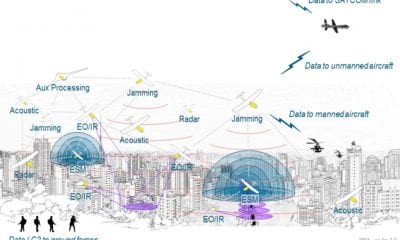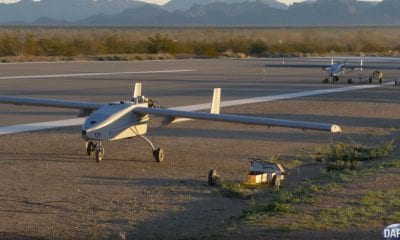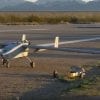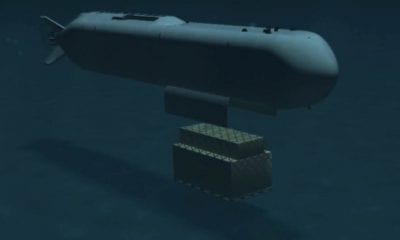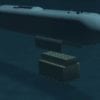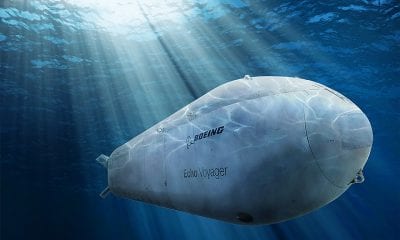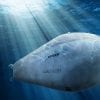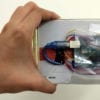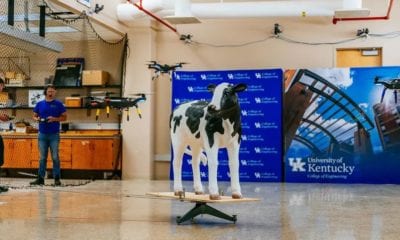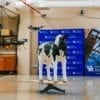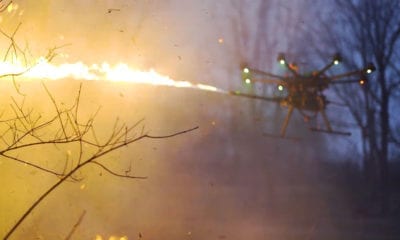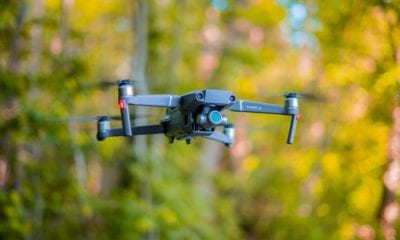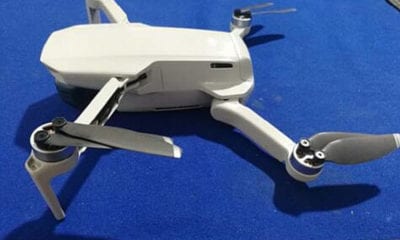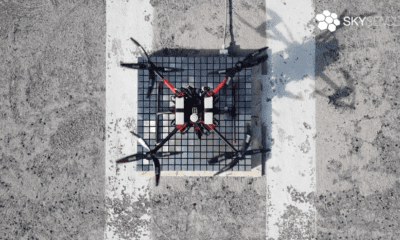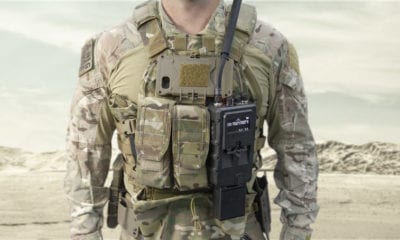
News
Oceanalpha Debuts Maritime Drone Swarm
Scientists in China working on the research and development of unmanned vehicles already have a recognized reputation in this ever-developing technological field with their expertise including aerial combat drones and robotic pack mules capable of combat and also carrying cargo.
Chinese engineers are now taking a closer look at unmanned surface vessels, in particular small boats which can be remotely controlled or autonomously operated.
Oceanalpha, a company based in Zhuhai, Guangdong province, focuses on Unmanned Surface Vehicle (USV) development; the company aims to offer a wide range of water monitoring from water environment sampling, hydrographic and oceanographic surveys to nuclear radiation monitoring and water surface cleaning.
Oceanalpha is a leading firm in the unmanned vessel industry in China whose clients include government departments, industrial companies, research institutes and universities.
The company recently staged a demonstration involving 56 miniature unmanned boats off the Wanshan Archipelago in the South China Sea; this demo involved formation maneuvers and an assigned task; the aim was to clarify and verify the ability of the unmanned boats to work as a team.
Oceanalpha says the test also demonstrated the huge potential of unmanned vessels in future naval warfare.
In a video of the test published by the company and shown on Chinese websites, the boats can be seen sailing quickly and moving nimbly in groups where they form the shape of an aircraft carrier as well as two Chinese characters “junmin”, referring to the integrated development of civilian and defense sectors.
Oceanalpha says ‘the technologies to coordinate multiple unmanned vessels are crucial and the test indicated the deployment of boat drone swarms, called a “shark-pack tactic” by the company, will be a trump card and overwhelm enemies in sea battles’.
It is believed this recent test took place at the Wanshan Marine Test Field, construction of which began in mid-February and was funded by the Zhuhai city government, Oceanalpha and other investors.
This test field which is the first of its kind in Asia, according to the China Classification Society, and one of the project’s funders, will cover 771.6 square kilometers upon completion, becoming the world’s largest test site for unmanned ships.
According to Zhang Yunfei, founder and chairman of Oceanalpha, the company has all the core technologies for unmanned vessels and has performed the world’s largest sea demonstration of unmanned boats which offer a wide range of civilian and military applications, possibly playing an important role in safeguarding the nation’s maritime interests.
To date many state-owned defense contractors, universities, institutes and private enterprises have been involved in the unmanned vessel industry. Late last year Harbin Engineering University in Heilongjiang province and HiSIBI, a Shenzhen-based private firm specializing in manned boats, announced that they have developed the world’s fastest unmanned vessel, which can travel at about 93 kilometers per hour at sea.
Their Tianxing 1 has apparently been mass produced and already delivered to buyers; it has a full load displacement of 7.5 metric tons and uses oil and electricity for propulsion.
Worldwide, the United States, the United Kingdom and Israel have all invested heavily in the development and deployment of unmanned vessels, planning to take advantage of these USVs in future naval operations.

